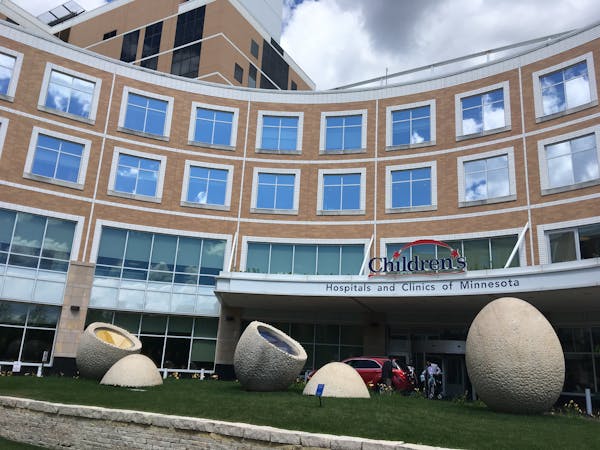Rural medical clinics coordinate patient care better than Twin Cities clinics, on average, according to a new Minnesota survey that suggests small facilities and do-it-all small-town doctors still offer advantages in an era of modern medicine.
The survey data published Wednesday by Minnesota Community Measurement, a nonprofit health care rating organization, showed below-average marks for Twin Cities clinics on care coordination — items such as whether doctors know their patients' histories before their appointments and call patients afterward about test results or prescription drugs. More than 180,000 patients completed the survey.
"In the metro area you have lots and lots of providers, so I think we have the potential for more miscommunication," said Julie Sonier, executive director of MN Community Measurement. "That's one theory — as opposed to a rural area where you are seeing the same provider for all or most of your care."
Care coordination is one of five categories in the 2017 survey, which also measured whether patients like their doctors and clinic staff, and whether they can get care when they need it.
Four clinics ranked among the top 15 in at least three categories — Surgical Consultants in Edina; Gundersen Health System in La Crescent; Minnesota Oncology in Fridley, and Essentia Health Pillager Clinic in Pillager.
Sonier said the survey is one of the largest in the nation to assess patient satisfaction, but she urged patients to also consider quality-of-care scores, which measure clinic performance in treating medical conditions such as diabetes.
The Stevens Community Medical Center clinic in Starbuck, for example, has mixed results. Although it's among the best in the state for care coordination and access, it rates below average for managing adult asthma and screening for colon cancer.
Patient satisfaction tended to vary by clinic specialty. Most pain clinics, for example, rated below average for patient satisfaction — though clinic leaders believe that reflects patients' frustrations over chronic pain as much as the way clinics treat them. Sleep study centers also tended to draw below-average ratings, while cancer centers scored above average.
Cancer patients "are facing life-or-death situations" and are grateful when they receive compassionate care, said Dr. Laura Joque, whose Essentia Health St. Joseph's Cancer Center in Brainerd was top rated for care coordination and patient access.
"Our goal has always been to provide comprehensive care," she said. "By that I mean not just for their cancer treatment, but also for their other needs — emotional needs, financial needs."
Patients were surveyed for the first time this year on care coordination, and the results favoring rural clinics were surprising, Sonier said. Only four of the top 15 clinics in care coordination were in the metro area: Advancements in Allergy and Asthma Care in Minnetonka, Allina Health's East Lake Street and Blaine locations, and the Fairview Hugo Clinic.
On other measures, the survey showed that clinics can improve.
Patient satisfaction with office staff at the University of Minnesota's Physical Medicine and Rehabilitation Clinic went from below average in 2015 to above average this year. The AALFA Family Clinic in White Bear Lake saw a 12 percentage point increase in patients satisfied with their doctors, which clinic staff attributed to a scheduling change that gave doctors more time with patients.
Jeremy Olson • 612-673-7744

Fired Mpls. teacher accuses management of 'cancerous rot'

Jill Biden rallies women, teachers for the Biden-Harris ticket in Bloomington speeches
Neighbors, city officials at odds over Rochester lake dam

Souhan: This is KAT's chance to prove Flip Saunders was right

